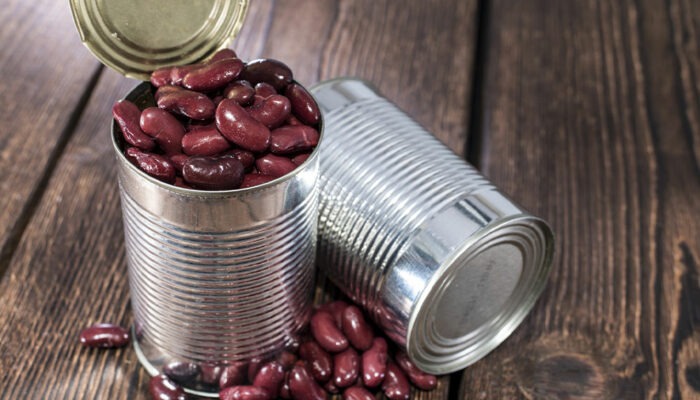
health
6 easy home remedies for nasal polyps
Nasal polyps are soft, non-cancerous growth of the tissues that form in the nose or sinuses. If they are too large or there are many nasal polyps, it causes itching, runny nose, sneezing, and breathing difficulty. Nasal polyps are quite common and may be caused by allergies, inflammation, or infection. Surgery is a common treatment option; however, not everyone needs it. Here are some natural remedies to help ease nasal polyps symptoms and avoid surgery. Steam inhalation Inhaling steam can help unblock the nasal passages by thinning nasal mucus. It can also reduce swelling within the airways. An easy way of inhaling steam is to take a hot shower. Alternatively, you may heat a bowl of water and position the face over it while keeping a towel draped over the head to prevent steam from dispersing. Turmeric Turmeric is a yellow spice known for its powerful anti-inflammatory properties. In people with nasal polyps, turmeric can decrease irritation and inflammation of the airways. There are many ways of using this spice. One can make turmeric tea by mixing 1-2 tablespoons of the spice in a cup of boiling water or add turmeric powder to curries, stir-fry recipes, and smoothies. Cayenne pepper Cayenne pepper contains an active compound called capsaicin, which makes the hot pepper taste hot.
Read More 








